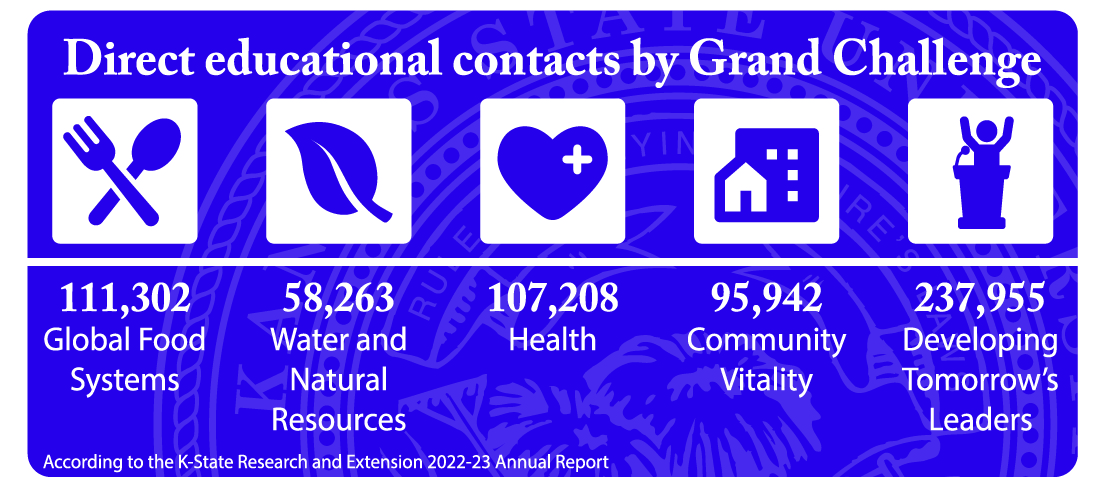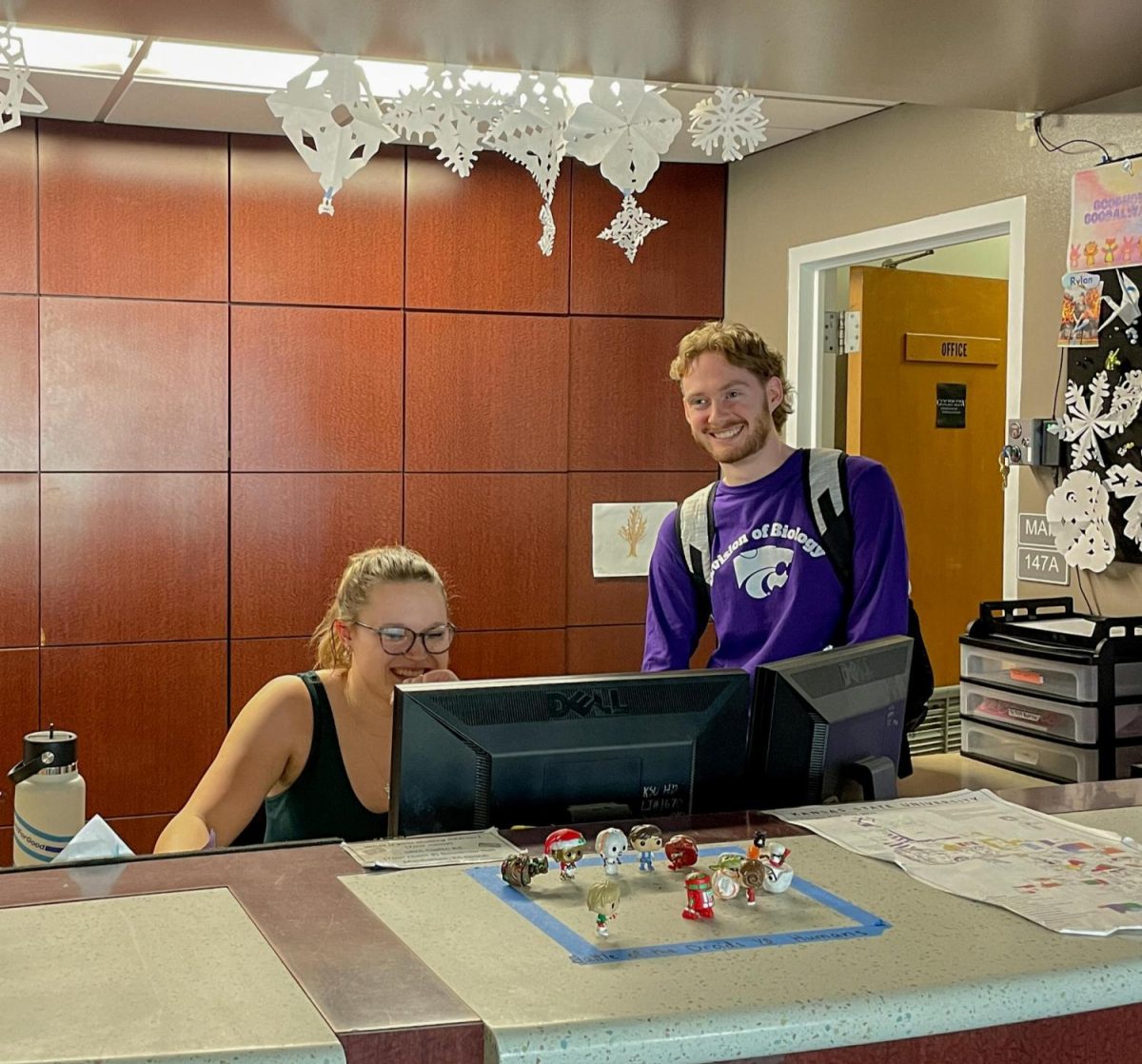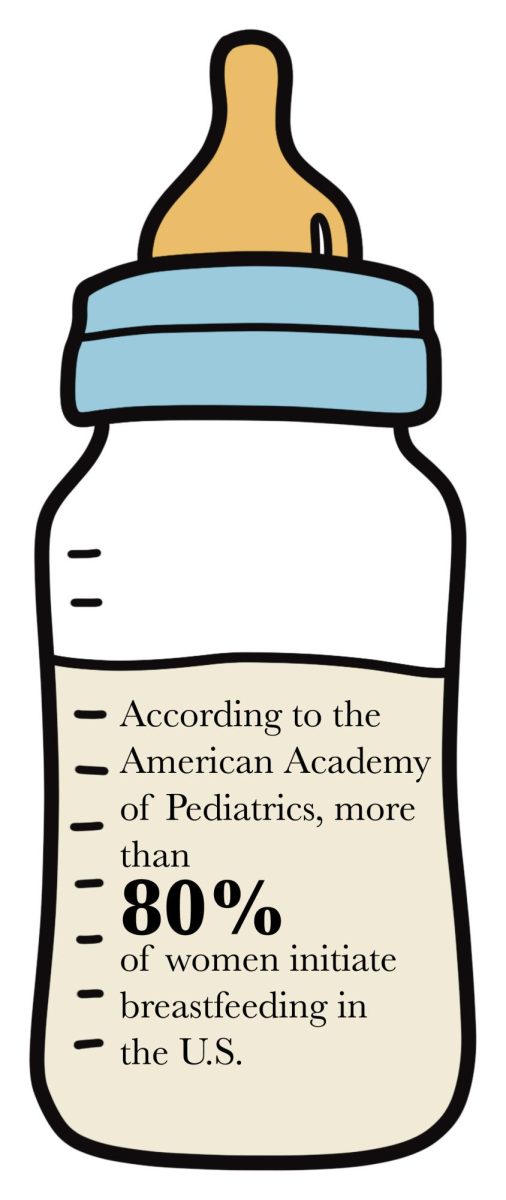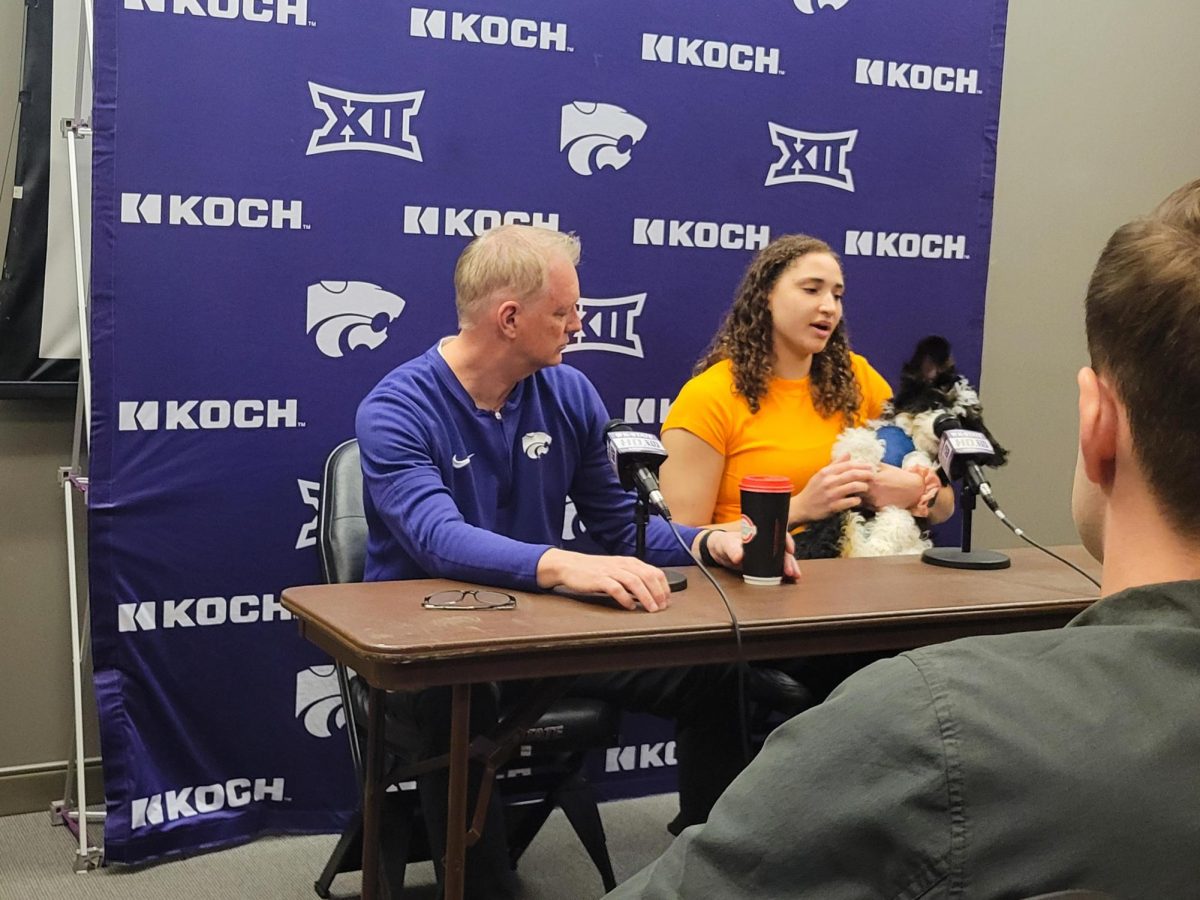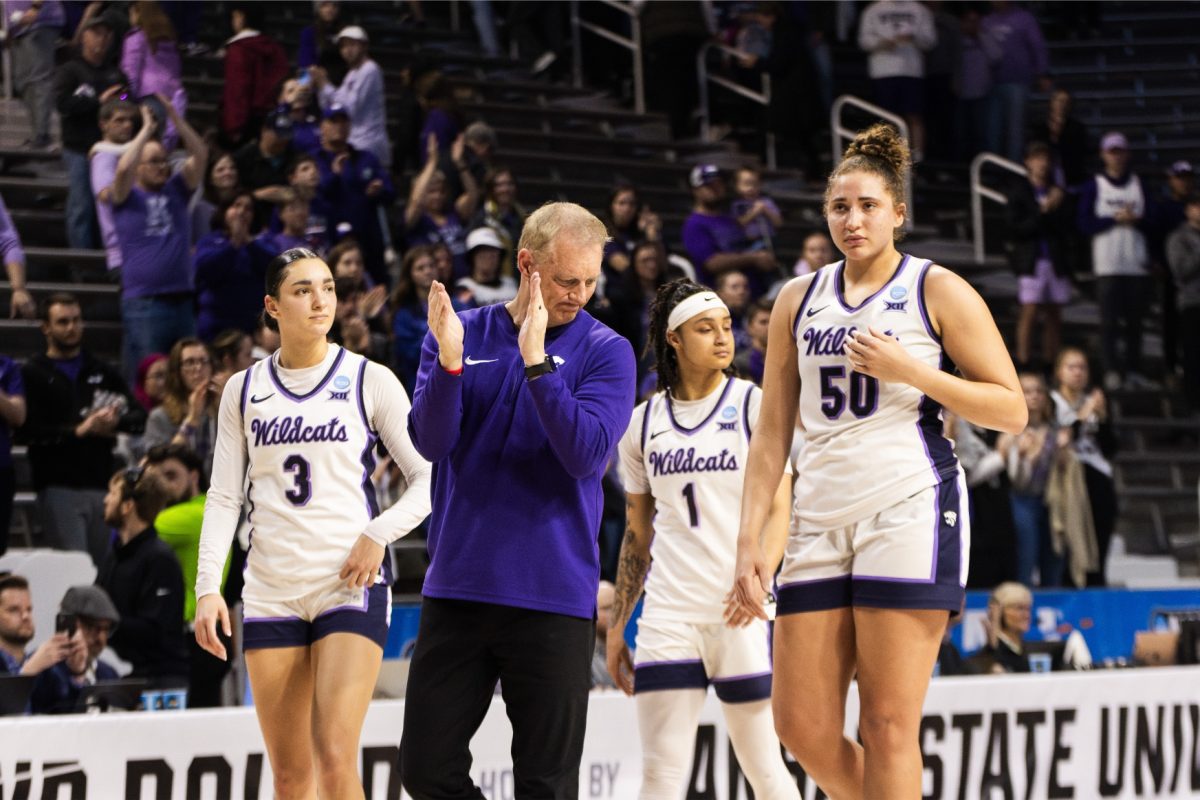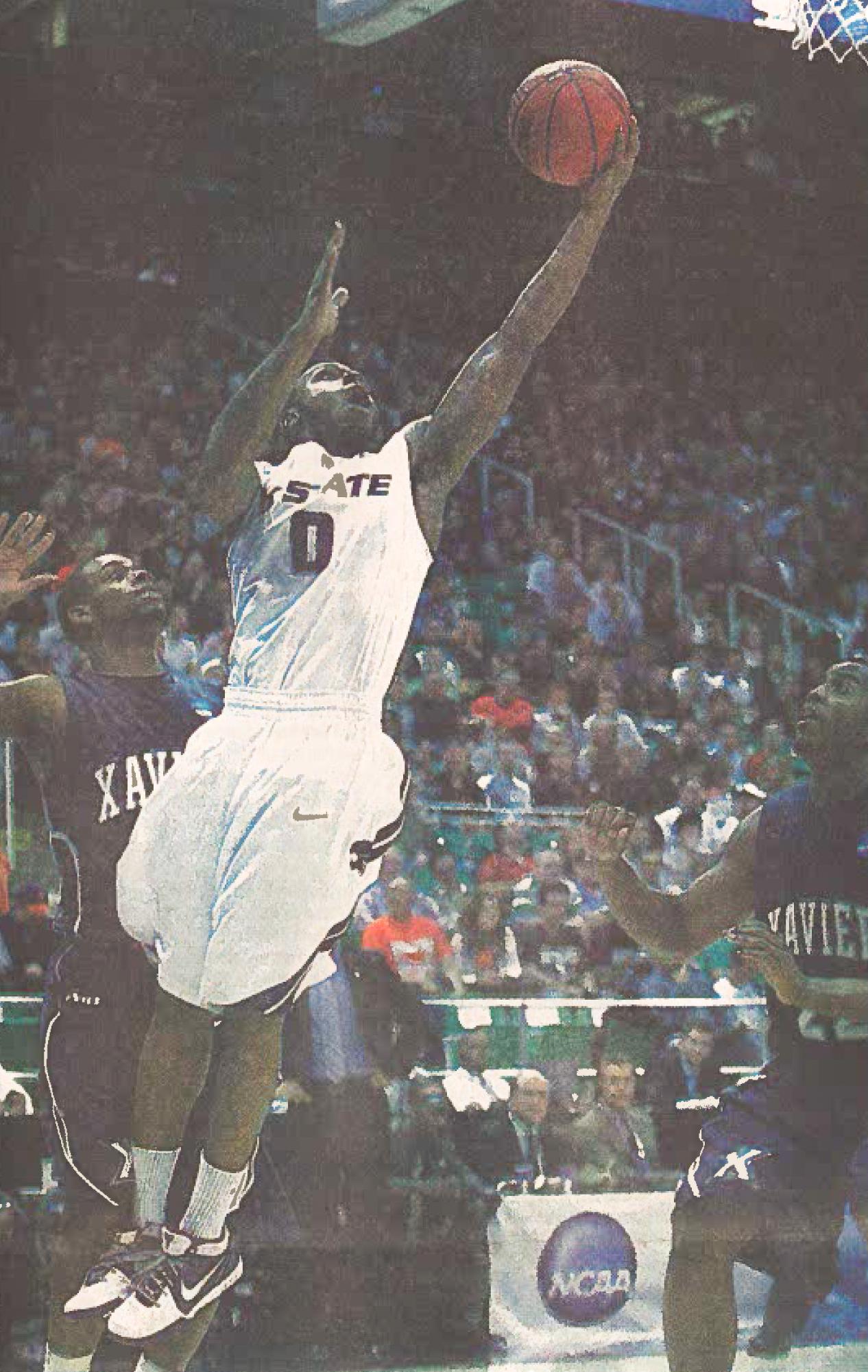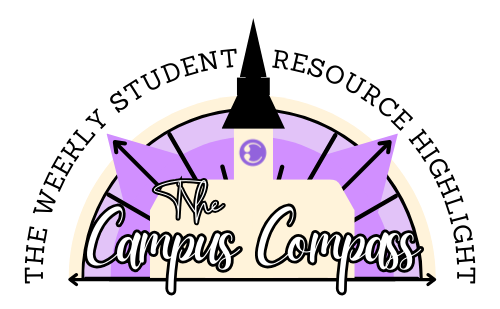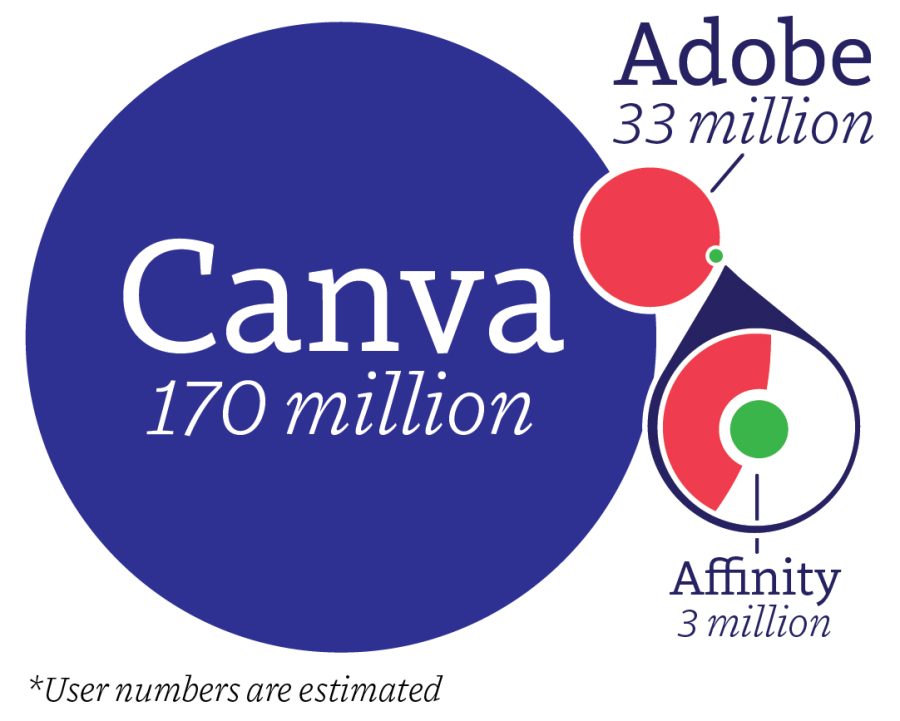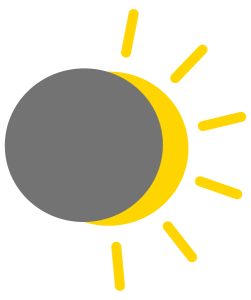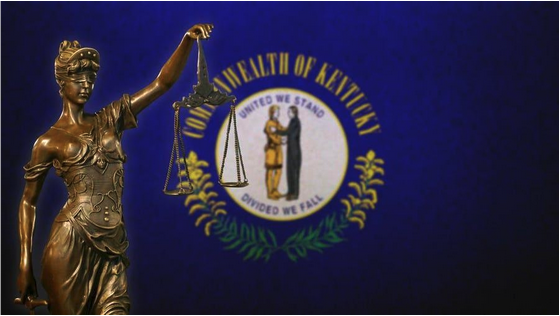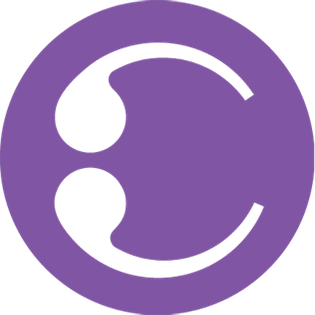Enable researchers to enhance their papers, grant proposals, research articles, or progress reports. We’ll go through every facet of technical writing in detail. Let’s start broad and outline a few fundamental guidelines for improving research articles in this blog.
What Is the Importance of Research Skills?
Research abilities are essential for writers since they allow them to discover material and construct a plan for their book report, artistic or scientific. You’ll become informed in any area you have to publish by adopting structured and effective methodological approaches.
1. Look for your message.
Each scientific study has a variety of outcomes, which might influence how we see various elements of truth or result in a few technological advancements. Nevertheless, you must select an aspect to optimize the effect of your approach. Which is the most crucial component you want folks to take away from this? What will be the first line of a tweet, including a hyperlink to your article?
2. Be aware of your target market.
Once you’ve decided on your pitch, you’ll need to figure out what you like and “market it to” in order to get the best results. The editors and critics are perhaps the primary members of the crowd. Indeed, your eventual objective is to share the word throughout your neighborhood. However, the paper must first be released. Knowing who you’re speaking to and the directions to the writers will assist you in arranging the document. Whatever will you include in the core main text, and what would be relegated to the appendices? What will you go into depth, and what can you leave out?
3. Use a VPN
Going through several sources is key. A VPN for Chrome such as VeePN allows researchers to gain academic material while ensuring anonymity since it encrypts a study’s browsing session, safeguarding their individuality while gathering data for analysis. Furthermore, it can allow the researcher to access the sites that may not be available in their particular region.
4. Construct a plot.
Create a gradual demonstration that leads the viewer to the same assumptions as you, holding them engaged until the last boom while maintaining the content and the market in sight. Of course, this isn’t always how events unfolded, especially in terms of chronology. As we all understand, scientific research is a complicated process that comprises iterative investigations, verifications and controls, exploding setbacks, and so on. There is no need to write down every route you took or every test you tried. A paper isn’t the same as a lab report. Nevertheless, as you go through your story, each step should logically lead to another, and the restrictions you define should prevent you from getting off track.
5. Information and ideas should be kept where they fit.
Intro, Methods and Materials, Findings, and Discussion should not be mixed. Whatever was recognized before your research, or whatever is required to comprehend your project and its background, should be presented and discussed in the Preface. Likewise, the Methods section must not describe new procedures or substances. Lastly, the final report should contain all of your findings. In general, removing everything except the Final report should not affect the outlined plot.
6. Starting with the larger picture, work your way down to the finer points.
It might be challenging to begin while conducting research; nevertheless, there’s nothing incorrect with performing a fundamental web resource to help you go. Although not always correct, online tools like Google or Wikipedia are an excellent method to get a general understanding of a topic. They generally provide basic knowledge with a quick summary and any significant points.
7. Know how to spot a trustworthy source.
Since not all sources are trustworthy, it’s critical to distinguish between the good and the bad. To choose a reliable source, utilize your analytical reasoning and necessary thinking abilities to examine the relevant points: Is this origin consistent with other resources I’ve discovered? Is the writer a subject matter expert? Is there a breach of ethics in the results of a study on this subject?
8. Check data from a variety of sources.
The web is a large area, and anybody may say anything they want to sites that don’t check their information for factual veracity. This implies that there are a lot of untrustworthy sources around nowadays, as well as a lot of material that is entirely wrong. The easiest method to avoid is to ensure that many bases can verify anything you uncover in your study. Instead of relying on a single website, be sure there are two alternative sources where you may find identical information.
9. Be alert to unexpected responses.
Discovering responses to the research is the goal of solid research, not always to confirm something you already believe. Only seeking verification is a minimal research method since it requires you to decide and choose what material to gather and stops you from obtaining the most thorough grasp of the subject. Maintain an open mindset when conducting research such that you may learn as much as possible.
10. Maintain your organization.
You’ll encounter a lot of content during the information gathering process, from websites to Papers to webinars. To avoid losing anything and not being equipped to mention something correctly, you must maintain all of this data structured in a certain way. There are several methods for keeping your research study structured. Here are some of the more prevalent: Bookmarks within your browser, notecards, and a bibliography that you could modify as you get further are all valuable tools.

